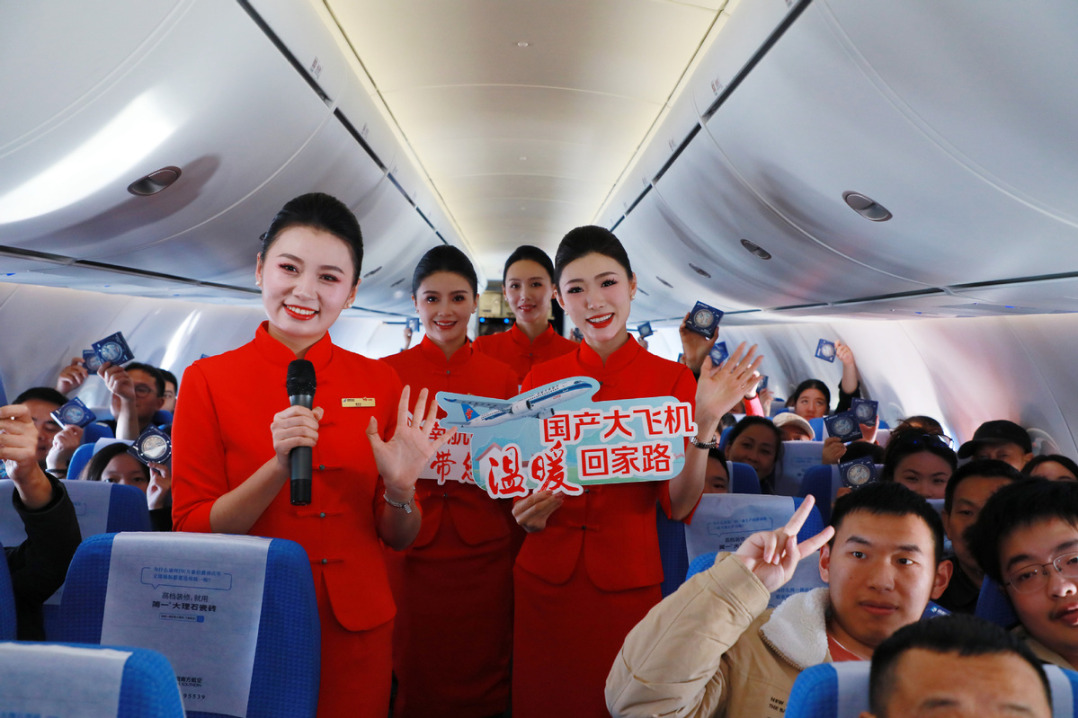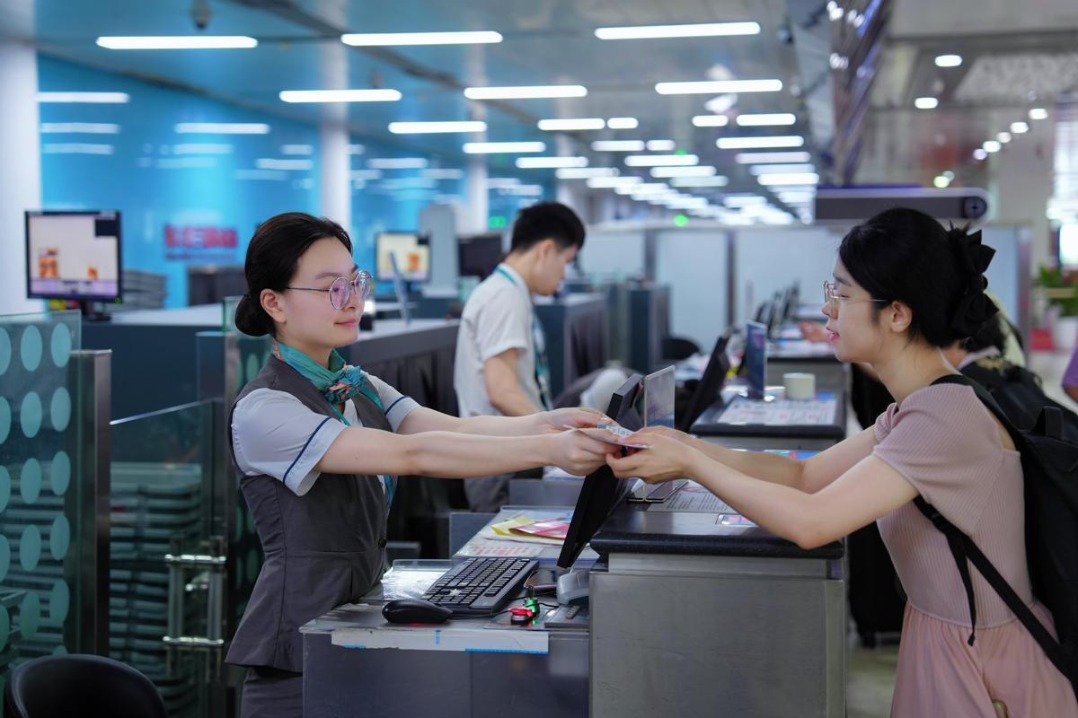Are two children better than one?

More parents are choosing to have a second child, according to figures released by the Family Research Center at the Shanghai Academy of Social Sciences. Between 2000 and 2009, there was a 3-percent increase in the number of babies who were the second child in the family. Second children now represent 29 percent of all newborns.
At the same time, rising living costs is making it more expensive to raise children. The SASS found that on average, a child living in the city cost 31,760 yuan annually – and that's without the coveted private education or tuition fees. Moreover, during times of rising inflation and economic uncertainty, a second child seems like a risk that many parents would not want to take. So what is driving their desire to have one?
Most parents with two children think having a sibling will give their children a better environment to grow up in, Li Xiyuan, an associate sociology professor at Sun Yat-sen University, told China News. It is hard to argue with this point, especially considering that children are being left more and more to the care of their grandparents, who spoil them to a degree that could almost be considered harmful to their development. Two children could help balance both of their upbringing – neither child would be spoiled to the extent they would be if they were only children.
But no one has paused to consider how today's world may alter the family unit. The one-child policy has helped to maintain a pattern where children venerate their parents and feel a moral obligation to "pay back" their parents after years of receiving financial and material support. This moral obligation may be even stronger in only children who didn't have to share their parents' attention with a sibling. Once this moral obligation is removed, which could happen if the child has a more "balanced" childhood with a sibling, what happens to the parents in their old age?
Europe and the United States may offer a clue. The cultures there focus less on filial piety, and children are allowed a greater sense of independence. Thus, Europeans and Americans will care for their parents as they enter retirement age, but this care sometimes only amounts to paying for retirement homes. A wholesale change in attitudes toward caring for the elderly probably will not occur overnight should more Chinese have more children, but there will at least be a subtle change within wealthier families with two children, who will likely more distant from their parents.
Just like the culture of looking after one's parents in Europe and America has waned, so too might it wane in China as the nation strides forward in its development. To view a second child as a guarantee of being taken care of in later life is a short-sighted approach to family planning.
Stuart Wiggin is a news editor at China Radio International. He graduated from Oxford University majoring in modern history and politics.
- Ministry to strengthen efforts to trace missing or abducted Chinese abroad
- German professor receives entity card in Guangzhou
- Taiwan's risk in leaning on US exposed, mainland spokesman says
- China's second domestically-made cruise ship marks major milestone
- Cross-Strait winter camp promotes friendship and cultural understanding
- Govt intensifies fight against sci-tech misinformation





































